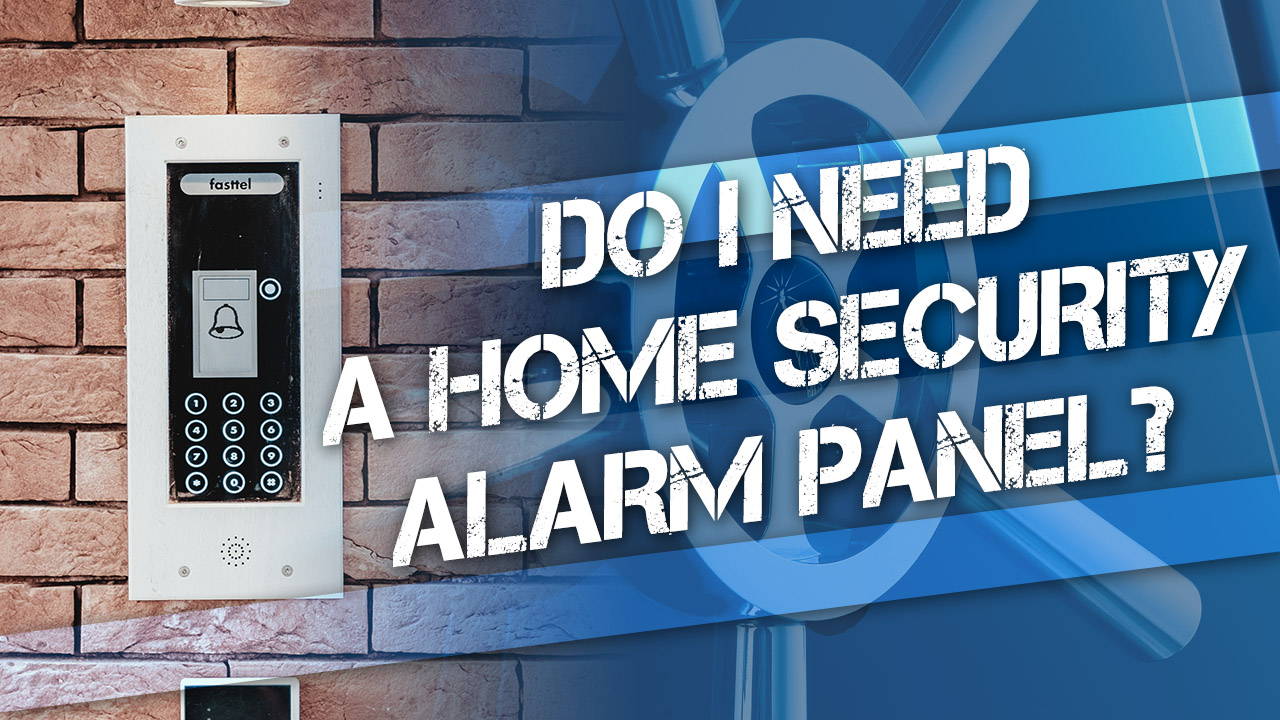What Is a Home Security Alarm Panel and Do I Need a Home Security Alarm Panel?
A home security alarm panel is the “brain” of a home’s security system. It is used to arm and disarm your security system, control devices in the system, and even (depending on the model) call emergency services. All the devices that are part of the system are connected to this panel, and errors being experienced by any of those devices will pop up on the panel so you can address them.
If one of the devices in your security system is activated, the alarm panel will alert you or the central monitoring station of a possible danger. As your alarm system’s brain, this panel can also be used to activate and monitor the statuses of all your home security components.
Benefits of a Home Security System Alarm Panel
There are multiple benefits of having a home security alarm panel:
- Panels make it easy for users to understand what is going on when a device has been activated
- Some panels can be used for monitoring home automation devices, like lights or programmable thermostats
- They can allow you to add or delete a device from your alarm system
- When a device is activated, the panel will alert the user which zone is affected
- Panels that come from security companies can be programmed to automatically contact their central monitoring system in the event of a break-in or fire so emergency personnel can be quickly dispatched.
Choosing an Alarm Panel
There are various alarm panels from manufacturers available on the market. They generally fall into three categories:
- Touchscreen alarm control panels – These panels are designed to make it easier for users to control and program by eliminating push-button keypads.
- Wired alarm control panels – These panels are hardwired, easy to maintain, and don’t need batteries. They are ideal for larger areas.
- Wireless alarm control panels – These panels are easy to install and program. They connect with a network using Wi-Fi or cellular. Some users choose both connection methods for added security.
As for where you get your security panels, you have two options: third-party panels that can be used in DIY systems, and branded panels from security companies like Brinks and Vivint.
Possible Risks of Security Panels
There are a few potential risks of having a security panel in your home. Wired panels face the risk of someone cutting the hardline, severing the system's connection to things like professional monitoring and emergency services. This risk can be mitigated by integrating a cellular communicator that ensures connection to a central station even if the phone line is cut.
Wireless control panels connect to your Wi-Fi to communicate with the central station. This makes them harder to shut down, but if your Wi-Fi network isn't secure they can be easy to hack. All it takes is a burglar guessing your password (if it's too simple), or handing out your password to the wrong house guest for your system to be defeated.
Make sure you have a secure password (a string of four random words is a good start), and if you have a lot of guests that need your Wi-Fi, consider setting up a guest network that's separate from the one your security system is on. Lastly, just like a wired system, you'll probably want a cellular communicator as a backup in case power or communication lines are cut.
Having a system that is equipped with a home security alarm panel can help keep you and your family safe. Learn more about your security options here.




